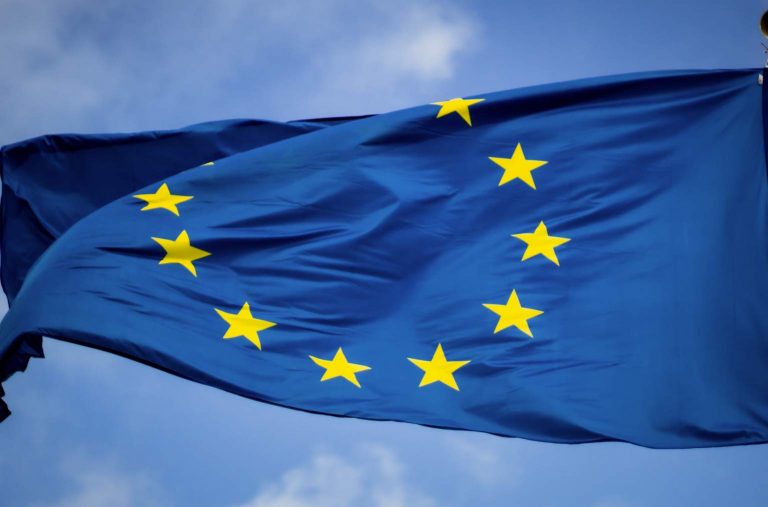
Morning Brief – Cheaper Rates – Cheaper Sterling
Cheaper Rates – Cheaper Sterling
At December’s monetary policy decision the Bank of England chose to hold interest rates steady at 0.75%. But the decision was not without dissent and division within the authority’s core, the Monetary Policy Committee. At this meeting two members, Haskell and Saunders echoed their previous dovish warnings that borrowing rates in the UK are too high given the state of growth and inflation in the economy.
On Friday, in another blow to GBP, Ms Tenreyro appeared to commute over to the intellectual space of the aforementioned members heeding caution to markets that in the absence of solid data to the contrary she could switch to a vote to cut the Bank Rate in the coming months. Over the weekend Mr Vlieghe, an often pivotal and certainly long standing member of the central bank’s Committee, reinforced Ms Tenreyro’s position as the bank’s new possible median opinion.
Sterling’s concern heading into the early European session yesterday was that the two opining members could join Haskell and Saunders leaving 4 votes to 5 in favour of cutting rates. Mr Carney will leave the Bank in March when incoming Andrew Bailey will take his place at the helm of the Committee. As the former CEO of the FCA, Bailey’s views on financial regulation are relatively well known in the marketplace. However, his views on monetary policy and future conduct of the Committee is relatively more opaque despite his three year stint as Deputy Governor of the Bank between 2013 and ‘16. Perhaps the one additional member of the 9-strong Committee needed to make a majority in favour of cutting rates would be found in the form of the Governor! Whomever it might be, markets moved to price in rate cuts in the coming months.
Traders’ willingness to flog Sterling yesterday morning began with these developments. The sell-off intensified when the market learned of data deserving of pessimism in the UK economy. The flash reading of UK GDP growth for November at -0.3% was enough to assume that the conditions for holding rates for Mr Vlieghe and Ms Tenreyro could not be met and therefore the reward for holding Sterling would duly tumble in forthcoming meetings, limiting its appeal, thus demand, thus value/price. The underwhelming data could be seen as evidence of uncertainty ahead of December’s General election. After all this trend has been reflected in soft data with business and consumer confidence stronger post-election.
However, remember of course this factor was already baked into forecasts for November’s economic growth. The possibility still remains that the effect was stronger than expected given the political turmoil the UK experienced last decade. Time will tell but two inalienable facts remain this morning: 1) strong growth will need to be recorded in December’s reading next month in order to prevent Q4 2019 from registering negative growth and questions of recession taking grip of Sterling markets. 2) The Pound is trading at its cheapest level versus its G10 counterparts so far this year making it considerably cheaper to purchase.
Discussion and Analysis by Charles Porter

Click Here to Subscribe to the SGM-FX Newsletter
Related Insights

Daily Brief – Sterling
Sterling No sooner had the financial press written that Sterling was on the skids due to the Chancellor being on the way out, than PM Starmer woke up to the need for some TLC for his beleaguered Chancellor and executed a handbrake turn to administer some gruesome bedside cheer to the apparently on life support […]

Daily Brief – EU Inflation
EU Inflation With the ECB annual symposium meeting in sunny Sintra, Portugal, inflation is very much on President Lagarde’s mind ; that is because it is showing signs of rising with the monthly inflation rate showing an increase of 0.3% and that presages a break above the target 2% rate just as she and her colleagues […]

Daily Brief – Gold
Gold With Gold accounting for the second highest proportion of Central Bank reserves after the USD and the mood music shifting to it assuming a greater influence on future reserves management, it is worth looking at the numbers behind that. In the 1960s, Central Banks held the highest amount historically of 38,000 tons of gold. […]



 Humphrey Percy
Humphrey Percy